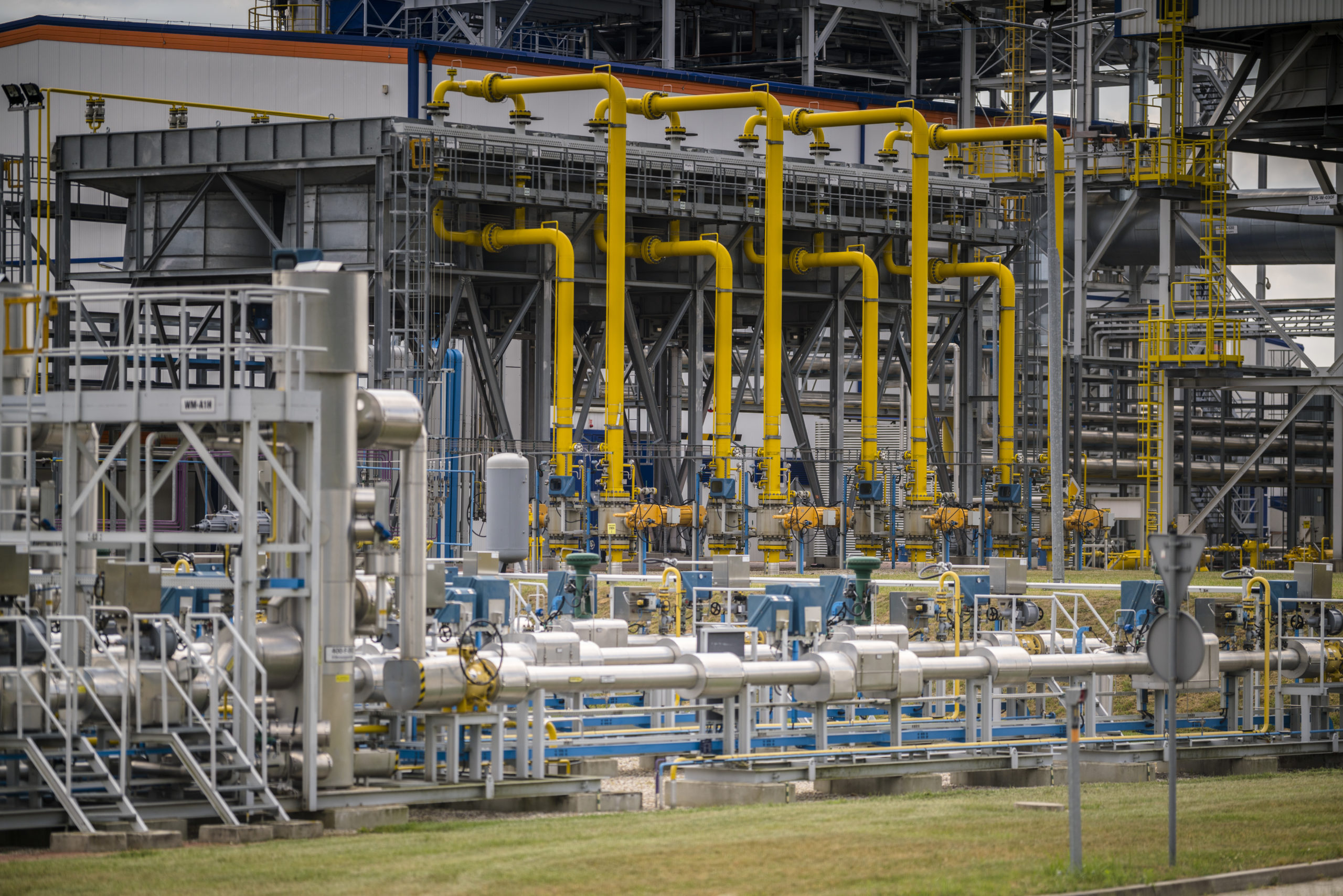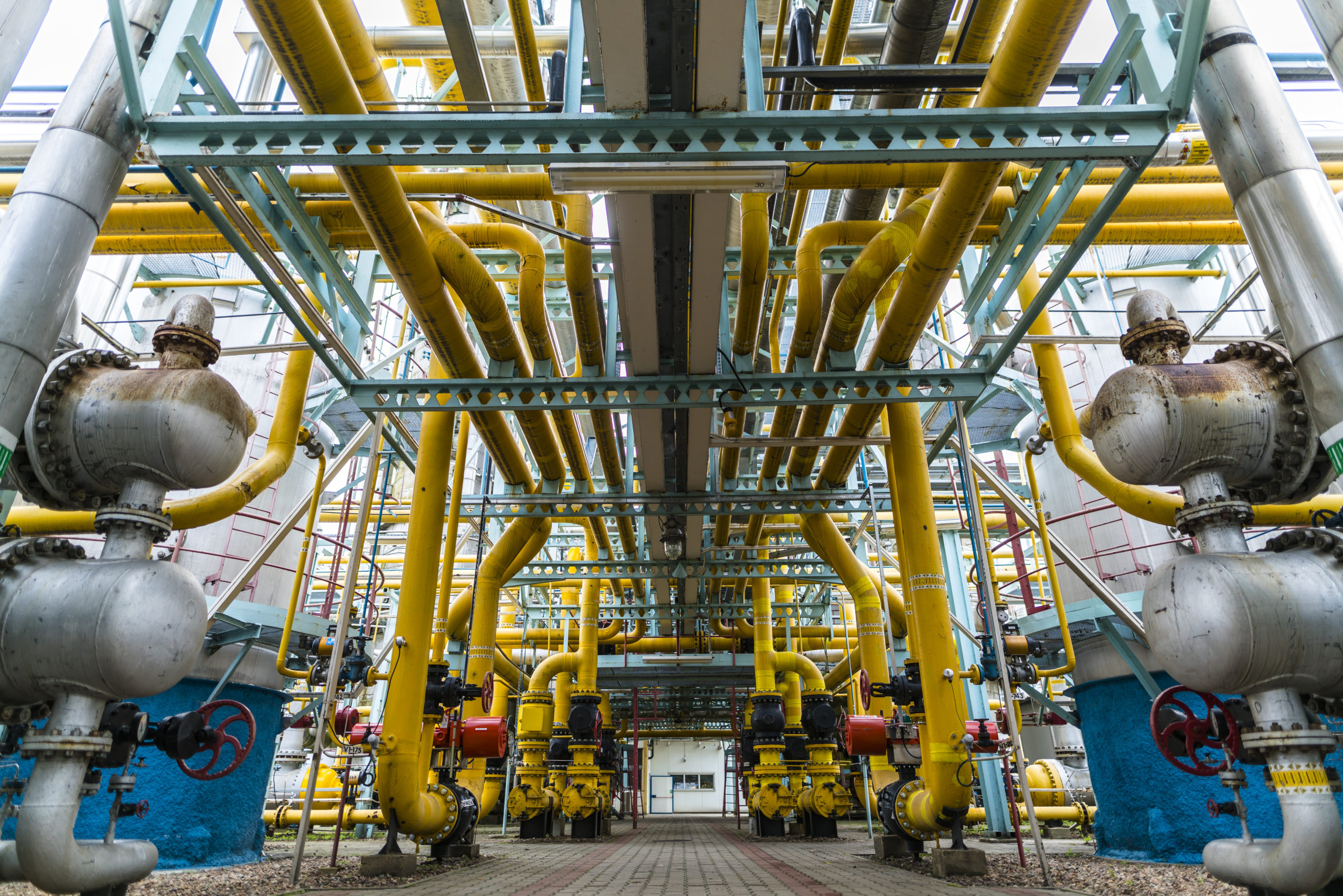Due to the persistence of the pandemic, PST expects reduced trading activity in the wholesale markets. In addition, in the second half of 2021, the gas market crisis driven by the unprecedented price surge triggered an increase in credit risk, followed by lower liquidity on the OTC market. These factors posed significant liquidity challenges for PST and other energy market players. Consequently, PST is expected to scale down its proprietary trading activities compared with the period before the pandemic and the price crisis affecting gas and electricity markets.
Notwithstanding temporary restrictions caused by the pandemic and the crisis related to energy market prices, PST will continue to develop its business in the company’s key strategic areas, especially LNG trading, procurement of gas from the North Sea and the Norwegian Sea area and gas trading in Central and Eastern European markets.
PST plans to expand its LNG business to include FOB deliveries both on the spot market and under medium-term contracts. The expansion of commercial and logistic capabilities in LNG freight management will allow the Group to further develop its LNG trading business to create opportunities for optimising long-term contracts from 2022 onwards. In order to fulfil the long-term FOB supply contracts, PST has executed contracts to charter five LNG vessels that will be able to receive and transport the contracted LNG volumes. PST has also contracted regasification capacities of the Montoir LNG terminal in France, including 10 cargoes in 2023 and 15 cargoes per year in 2024−2029.
In preparation for the start of gas supplies to Poland via the Baltic Pipe, the company has increased its activity on the Norwegian Continental Shelf (NCS) and the Danish Continental Shelf (DCS). The purpose is to enable natural gas supplies from the NCS and the DCS to Poland. As part of its operations on the NCS, PST has also started to procure and sell natural gas liquids (including propane, butane, paraffin and ethane).
PST is also upscaling its activities in Central and Eastern Europe in order to diversify the sources of gas supply to Poland and to optimise the PGNiG Group’s portfolio in the region. Particularly important for PST is business expansion into and in markets which, thanks to the emerging gas infrastructure, will gain strategic significance for the Polish market directly, i.e. Slovakia, Ukraine and Lithuania, and indirectly, such as Hungary, Latvia and Estonia. Building capabilities and strengthening presence in the region will enable the company to gain an additional market for gas from the northern direction and optimise its gas portfolio using, among other things, the storage systems in Poland, Ukraine and Latvia. In 2021, during the gas crisis in Moldova, the Company carried out the first deliveries of non-Russian gas to that country.

